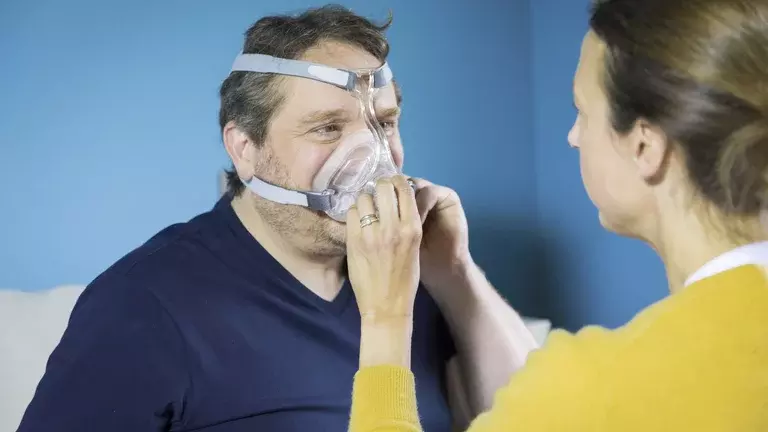The Role of Family Support Through COPD and Sleep Apnea Journey

Chronic obstructive pulmonary disease (COPD) and sleep apnea are two chronic conditions that can significantly impact an individual's health and well-being. While treatment plans can help manage these conditions, the journey toward recovery is often arduous and requires a multifaceted approach. This is where the unwavering support of family plays a crucial role in paving the way towards a better quality of life.
Understanding COPD and Sleep Apnea
The Emotional Toll and the Need for Support
A diagnosis of COPD or sleep apnea can be overwhelming, leading to feelings of fear, anxiety, and frustration. The ongoing nature of these conditions can also take a toll on a person's mental health, increasing the risk of depression and social isolation. A supportive family network can be a critical buffer against these emotional challenges.
Ways Family Can Support the Treatment Journey
- Emotional Support: Being a listening ear and a source of encouragement is crucial. Acknowledge the challenges your loved one is facing and express your unwavering support. Simple acts of kindness, words of affirmation, and a shoulder to cry on can make a world of difference.
- Advocacy: Sometimes, navigating appointments, medications, and treatment options can be overwhelming. Family members can act as advocates, accompanying their loved ones to doctor's appointments, organizing medical records, and helping them ask relevant questions.
- Lifestyle Changes: Both COPD and sleep apnea often require lifestyle modifications. Family members can play a significant role in encouraging and supporting these changes. This could involve helping with healthy meal preparation, encouraging regular exercise (within physical limitations for COPD patients), and assisting with smoking cessation attempts if applicable.
- Treatment Adherence: Managing chronic conditions like COPD and sleep apnea often involves medication adherence and adhering to CPAP therapy for sleep apnea. Family members can help set medication reminders, create a consistent bedtime routine for CPAP use, and troubleshoot any difficulties experienced with the equipment.
- Transportation and Assistance: Doctor's appointments, therapy sessions, and medication refills can be time-consuming. Family members can provide transportation and assistance with errands, especially when COPD symptoms make these tasks difficult.
- Maintaining Social Connections: COPD and sleep apnea can lead to social isolation. Family members can organize social outings, encourage participation in activities that the condition allows, and help maintain connections with friends and loved ones.
Benefits of Family Support
- Improved adherence to treatment plans: With family support, individuals are more likely to stick with their medications, therapy, and lifestyle changes.
- Enhanced emotional well-being: Feeling supported and loved can help reduce anxiety, depression, and feelings of isolation.
- Increased motivation and confidence: Having a cheerleader in your corner can motivate individuals to stay on track and manage their condition more effectively.
- Improved quality of life: With adequate management, individuals can maintain a more active and fulfilling life despite their condition.
Communication is Key
Effective communication is crucial for fostering healthy family dynamics when supporting someone with a chronic condition.
- Open and honest communication: Encourage your loved one to express their concerns and frustrations. Be an active listener and offer support without judgement.
- Respecting boundaries: While offering support, it's important to respect your loved one's autonomy. Don't be overbearing or take over their life.
- Learning about the conditions: Educate yourselves about COPD and sleep apnea to better understand your loved one's challenges. This will allow you to provide more informed and effective support.
Remember, You're Not Alone:
Supporting someone with a chronic condition can be challenging, but it's also an opportunity to grow closer as a family. Don't hesitate to seek support from your community, healthcare providers like Vitalaire, and support groups. There are resources available to help you on this journey.
resources that can be helpful:
- The American Lung Association: https://www.lung.org/
- American Academy of Sleep Medicine: https://aasm.org/